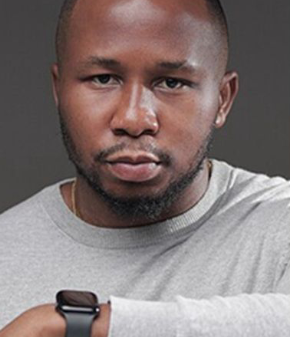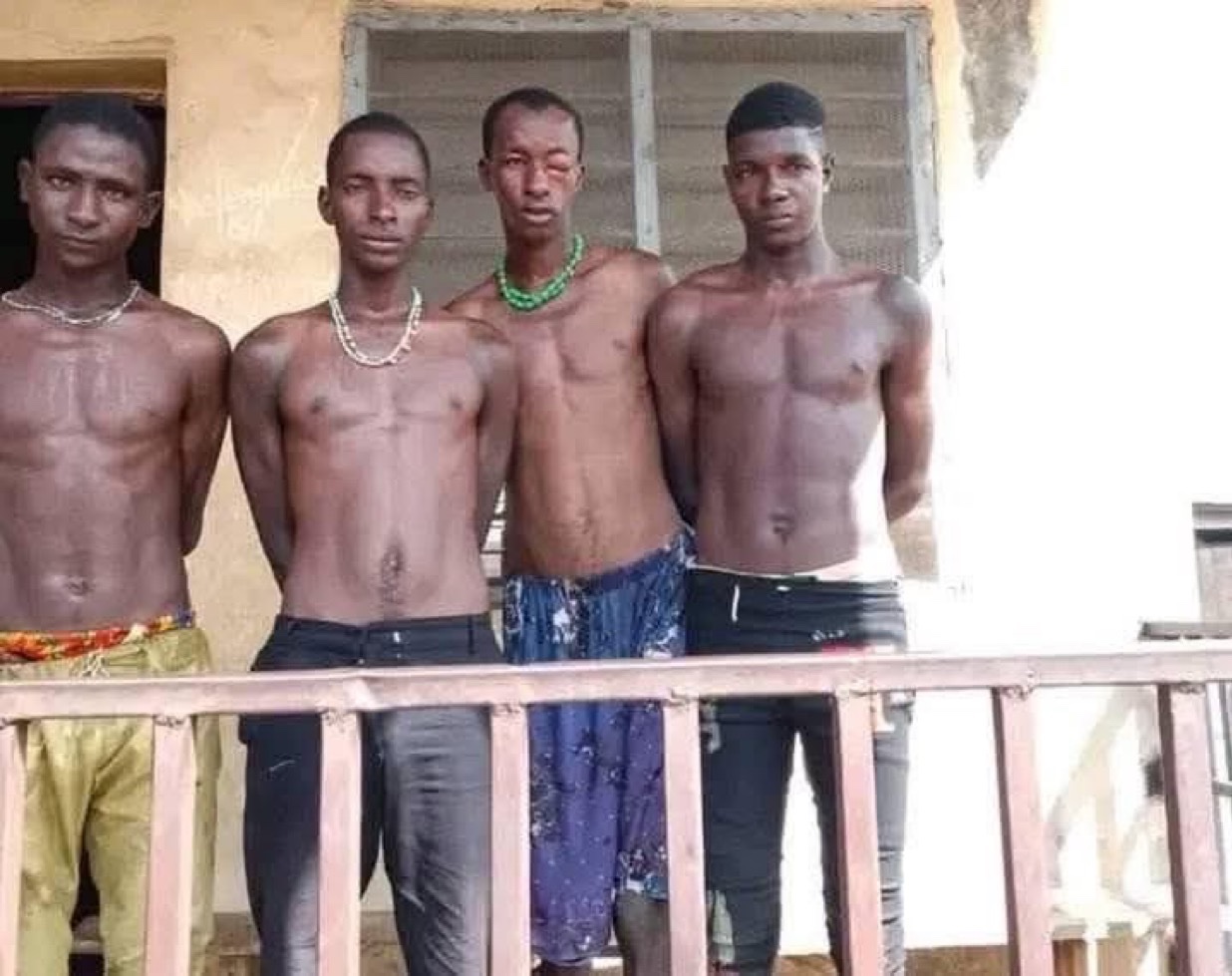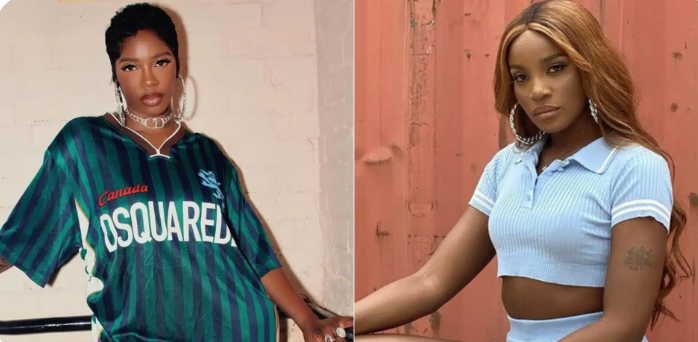
“If It Was Nigeria, It Would Trend”: Filmmaker’s U.S. Power Outage Experience Sparks Media Culture Debate

Nigerian filmmaker and media entrepreneur, Steven Ndukwu, has stirred up a whirlwind of reactions online after sharing a personal experience that contrasts the way media operates in the United States with how Nigerians tend to handle similar situations. Taking to his social media platform, Ndukwu recounted a five-hour power outage he experienced in Maryland, U.S., following a heavy downpour, and used the moment to reflect on the stark differences in how people in both countries respond to issues of public inconvenience.
According to Ndukwu, the power went out within seconds of the rainstorm and remained off for five hours. However, what shocked him the most wasn’t the outage itself—it was the silence that followed. “There was no light for 5 hours, but guess what? I never saw it on the news, not on social media. Nowhere!” he wrote. This quiet response, he noted, was in sharp contrast to what would typically happen in Nigeria. “If it's Nigeria, Nigerians will publish it on the internet, the news channels will carry it, and some people will even run sponsored ads on it so it trends.”
In a country like Nigeria where electricity supply has been a persistent national issue for decades, a power outage—especially one that lasts for hours—is rarely ignored. The collective frustration often spills over into every available platform. From heated Twitter threads to viral Facebook rants and even national TV debates, Nigerians have never shied away from airing their grievances when it comes to electricity and other public services. But for Ndukwu, this response reveals more than just dissatisfaction—it reflects a deeper cultural pattern: the eagerness to spotlight the country’s shortcomings, especially on social media.
“It seems like everyone is in a rush to be the first to post bad news,” he said, lamenting the widespread habit of amplifying negative experiences. “Trust social media to make the post trend.” In his view, such behavior does more harm than good, shaping public perception in ways that may be counterproductive. He noted that although bad and negative things happen in developed nations like the U.S., they are often not sensationalized or made into public spectacles online. “Most of it, you would not see it online,” he added.
The filmmaker’s comments have sparked debate among Nigerians, with many agreeing that the obsession with sharing bad news has contributed to the country’s negative image both locally and abroad. Critics argue that such habits have fueled stereotypes about Nigeria being perpetually in crisis, thereby overshadowing the progress and positive developments that rarely get attention. Some have pointed out that this constant digital outrage culture has given rise to what many call “performative pessimism”—a tendency to highlight the worst aspects of Nigerian life for clout, validation, or online engagement.
Others, however, countered Ndukwu’s perspective by saying that social media serves as an outlet for expression in a country where public institutions often fail to respond to citizens’ complaints. In a place where service delivery is inconsistent and customer care lines lead nowhere, Nigerians have learned to take their frustrations to platforms where their voices are at least heard. For many, the internet is not just a space for complaints; it is a form of accountability. When power fails, roads collapse, or public services break down, documenting it online is often the only way to pressure those in charge.
Still, Ndukwu’s reflections raise an important question: what role does the media, particularly social media, play in shaping national identity? And how much of Nigeria’s international image is influenced by the citizens' own portrayal of the country? While it’s true that bad things happen everywhere, the selective amplification of negative stories from Nigeria can distort the reality. There’s a thin line between raising awareness and perpetuating despair, and according to Ndukwu, Nigerians may be tilting too far toward the latter.
His suggestion? The first step in fixing Nigeria is to fix what goes on the media. It’s not just about censorship or avoiding hard truths, but about balance. Celebrating wins just as loudly as we critique failures. Highlighting community resilience along with government inefficiency. Telling the full story, not just the parts that trend. In essence, it’s about redefining what it means to be “newsworthy.”
Ndukwu’s comments may not sit well with everyone, but they undeniably shine a light on a conversation that needs to be had: the power of narrative. Whether it’s about a blackout in Maryland or a flood in Makurdi, how we choose to tell our stories determines not just how others see us—but how we see ourselves.


